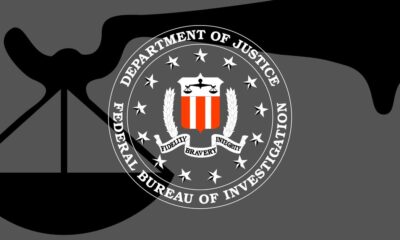Far from “protecting the family farm”, as claimed by Tom Bradshaw, president of the National Farmers’ Union (Opinion, FT.com, November 5), the inheritance tax loophole on farmland, introduced in 1984, simply pushed up the price of land without improving returns to active farmers.
This is because, like most agricultural subsidies, the value of the relief was capitalised into land values. As tax planners cottoned on to its role as a licence to avoid IHT, they advised their super-rich clients to buy land and take advantage of it. In the 20 years to 2012, the price of farmland increased fourfold.
This turned landowning farmers into millionaires but — especially since land represents a cost of production — did no good to the incomes of food producers. It created impoverished millionaires who claimed a need for more support. At the same time, because more expensive land had to be squeezed even harder for the last drop of revenue, the environmental damage caused by intensive agriculture was made worse. Taking at least some of this tax loophole away will do no harm to family farmers but will help both public revenues and the environment.
Just a shame the relief was not wholly abolished.
Paul Cheshire
Emeritus Professor of Economic Geography
London School of Economics, London N7, UK




































































































































































You must be logged in to post a comment Login